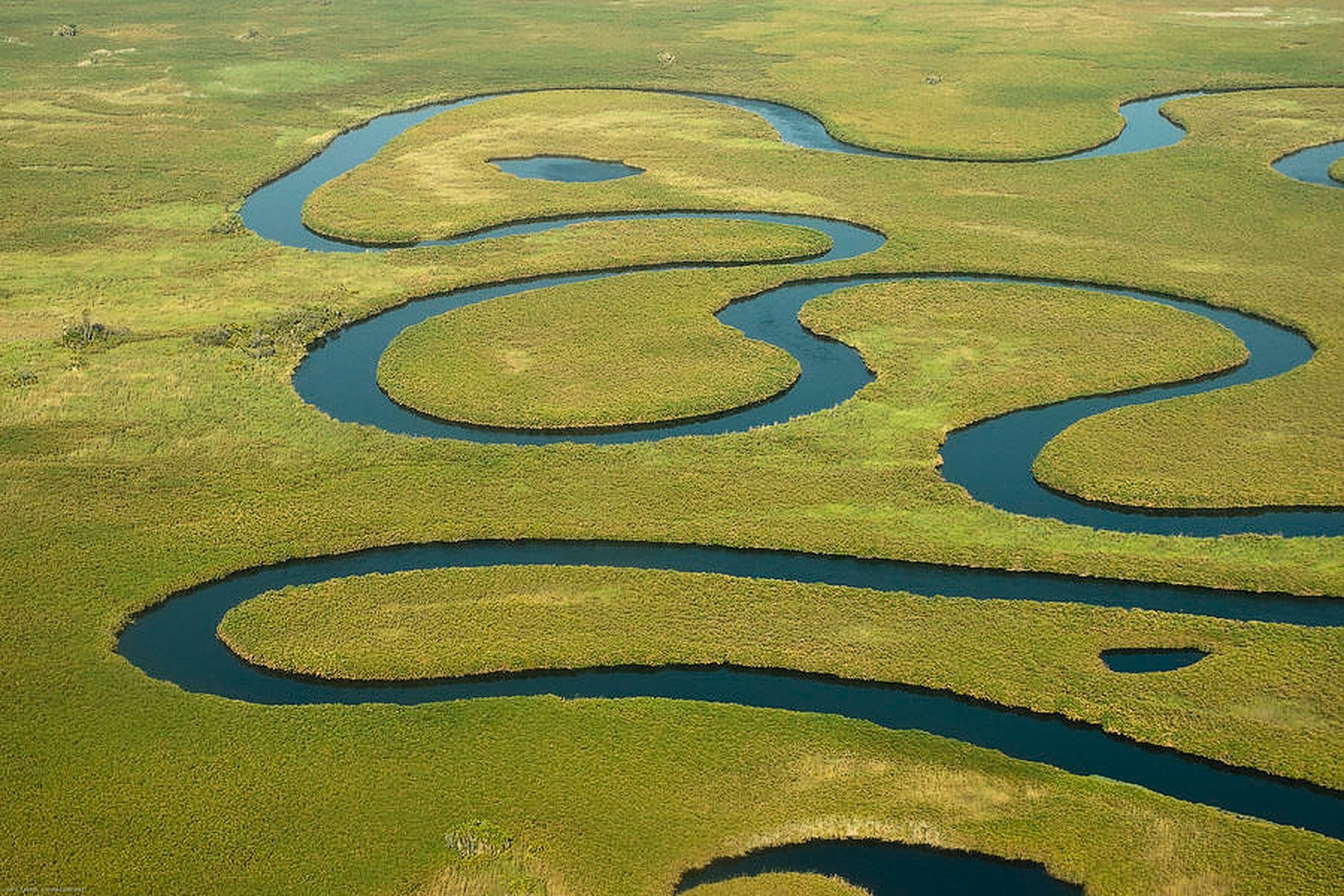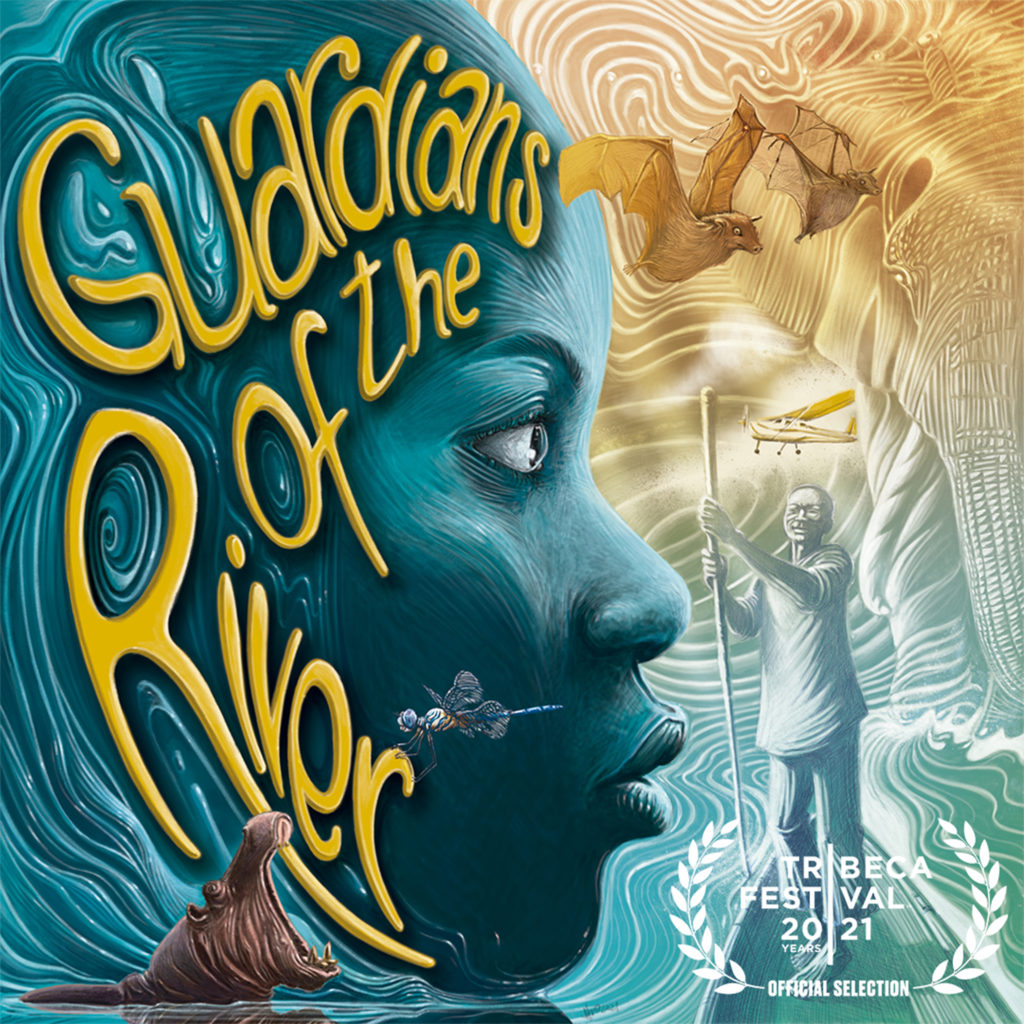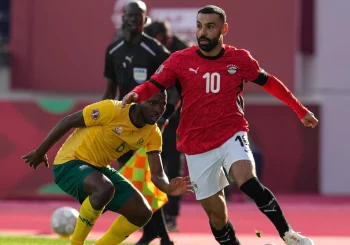Climate change has reached places unseen by the outside world, where low-income and remote communities face grave threats from all sides, and receive little to no attention.
If there was ever a symbol that accurately depicts the impacts of climate change, then it would be rivers. Rivers are veins of the earth, and serve as the lifeblood for the most remote, underrepresented communities, with the example being the Okavango River.
The Okavango Basin flows through three countries: Angola, Namibia and Botswana. It is the main source of water for millions of people in Africa, and as a protected area, it is regarded as one of the largest wetlands worldwide, and home to the world’s largest remaining species of birds, elephants, lions and wild dogs.
As climate change alters river flows, communities directly feel the impact of access to water, food production, freshwater fisheries, and energy generation. “Climate is water: healthy freshwater systems will underpin more climate resilient communities, economies and ecosystems,” Stuart Orr, World Wildlife Fund Freshwater Practice Leader, once said.
The sights, sounds, smells, tastes, and other sensory experiences associated with climate change are usually not seen as vital sources of information, but for ordinary people, particularly indingeous communities who rely heavily on natural resources, they influence their entire lives and livelihoods. Little research has been done into the capacity for personal experiences to drive change, or push for new policies.
Indigenous communities are usually considered mere passive receivers of information, and their own knowledge of climate change is regarded as either useless, trivial or inefficient. The hierarchy of information is usually monopolized by people in institutions, and there is little to no distribution of information across the hierarchy.
Yet, there are still ways for indigenous communities to have their voices heard, usually in the form of storytelling. Storytelling can help in verbalizing experiences through simple and humanized content, which encourages audiences to be empathetic. The capacity of empathy draws audiences and listeners to step away from their own lives, while experiencing the other worlds played out by others. It helps to broaden perspectives, turning outward to connect with others, and tune into themselves to improve their ability to intentionally listen to others.
In a shock-prone world, it has become more evident that the need for empathy is vital to help reach and connect with remote communities. Clear introspection and expression of care can help in prioritizing remote communities’ immediate needs and challenges.
Tuning in
National Geographic’s “Guardians of the River” podcast, done in partnership with the Wild Bird Trust and House of Pod, takes listeners on a journey along the Okavango river — the fourth-longest river system in southern Africa — where they can meet the people and ecosystems that rely on it; it explores climate change through the eyes, ears and hearts of natives.
The podcast delves into the lives of the many African tribes that have inherited the scars of colonialism, civil wars, and the conservation mistakes of the past.
The podcast begins with an exhibition of all of nature’s sounds — from the sounds of the birds chirping to the forces of wind that slide over a stretch of the Okavango river. The moment you press play, you are taken inside an intense and sound-rich audio experience that brings to life the real environment of the locations the podcast tackles.
Today, many of these tribes are still unable to benefit from mass tourism, development and conservation in that region as it is practically impossible for anyone to enter the area —no road, no track, and one has to navigate through landmines, battle tanks, and pockmarked buildings.
Narrated by two scientists who are working to preserve the Delta, South African scientist, Steven Boyes, the scientific director of the Wild Bird Trust and a founder of the Okavango Wilderness Project, and Angolan biologist and environmental anthropologist Kerllen Costa, the podcast illustrates how science, culture, and history can blend together and open doors for more communication and understanding.
They share more than just their scientific knowledge, but also their emotions and thoughts along the way, revealing that science is more than just information.
To protect one of the most remote and wild places on the planet, the two scientists discover that connection is the central most important thing in nature conservation – linking the source of the river with its wider ecosystem. For instance, when the scientists learned from the stories of the tribes that elephants were a symbol of Angola’s history – as they were just as important as the diamonds in the country – they began to search for the reason as to why thousands of elephants had disappeared. That piece of the puzzle helped them cross the border over into Namibia and travel deeper into the Okavango Delta.
“The more time I spent in these villages, the more I realized that science is just one piece in solving the mysteries of this region,” Costa shares at the beginning of the episode of the podcast. “Many of the clues live in the stories told by local people — in legend, myth, magic.”
By the end of the expedition, 38 new species were discovered in Angola and 24 new species, after they had marked 30000 wildlife sightings.
The podcast is incredibly useful for listeners who are unaware about climate change, and also for scientists and development officials who want to learn more about the socio-historical and political complexity of the issue. It illustrates that people’s vulnerabilities are not only due to the impacts of climate change, but also their geographical locations, financial, socio-economic, and cultural status, as well as access to services and decision-making.
While there are many other podcasts on climate change that are more straightforward and simply share basic scientific information, what is particularly unique about Guardians of the River is that it looks at nature as part of a wider ecosystem, which include the stories of humans and their interaction with nature.
How we interact with nature, and how it influences our culture and identity, is central to combating climate change.
To listen to Guardians of the River, click here.








Comment (1)
[…] (adsbygoogle = window.adsbygoogle || []).push({}); (adsbygoogle = window.adsbygoogle || []).push({}); The Sounds of Africa’s Climate Crisis: Guardians of the River […]